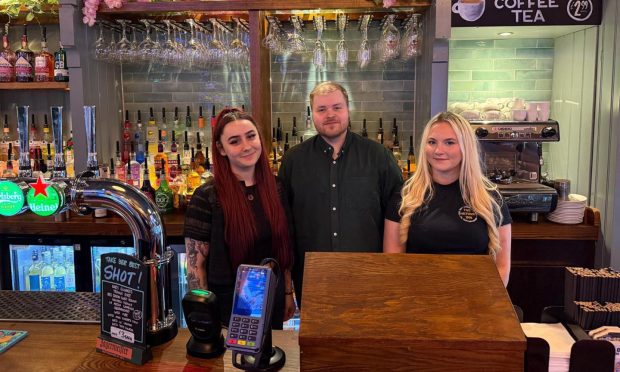The majority of business leaders have backed a Brexit deal being approved before the UK withdraws from the European Union in a new survey by the Institute of Directors.
In the first poll since the publication of the Brexit Withdrawal Agreement, three-quarters of the 800 members surveyed said it was important an agreement is ratified before the UK leaves the EU.
Two-thirds said a no deal outcome would be bad for their business, with almost a half saying this scenario would be ‘very negative’ for their organisation.
Just 13% said a no-deal Brexit would be positive.
Members were split on the question of whether a second referendum would be in their interests, with 46% for and 44% against.
Stephen Martin, director general of the Institute of Directors, who reportedly voted for Brexit, said: “The message from our members is clear, they urgently want to see the UK get a withdrawal deal across the line.
“Up and down the country, firms large and small are deeply concerned by the potential for a no-deal scenario, and business investment is already being choked off by the surrounding uncertainty.”
BLACK FRIDAY OFFER: Two years of unlimited access to The Courier Digital — at better than half price!
While acknowledging the current agreement didn’t satisfy everyone, he said it was the “clearest route to securing a smooth exit”.
“It is a necessary step towards moving on to the future relationship negotiations, which cannot begin in detail until we have legally left the EU,” he added.
“A second referendum is not an easy way out of the political bind we are in, with business opinion split on whether it would be a good idea.”
Meanwhile accountants French Duncan claimed Scottish businesses may face serious cash flow problems in the event of a no deal Brexit due to being unprepared and unaware of potential changes to VAT regulations.
The report states that if the UK leaves the EU without a deal being struck, all imported goods are subject to VAT which poses potential cash flow problems for business owners.
Maria McConnell, VAT director with French Duncan, called on businesses to start preparations.
She said: “The position on VAT will change either way when we leave the EU. All EU imported goods, in line with the processes that already exist for non-EU imports, will become subject to VAT at the time of import.
“Even if we remain within the existing customs union, or a version of it, VAT will be chargeable on goods entering the UK.
“The Government plans to introduce a simplification measure called postponed import VAT accounting to mitigate against potential VAT cash flow problems, but it is unclear how this will work in practice.”
She said if the existing certification requirements in relation to the recovery of import VAT are extended to EU imports, because a paper certificate is issued by HMRC by post after goods have entered the UK.










